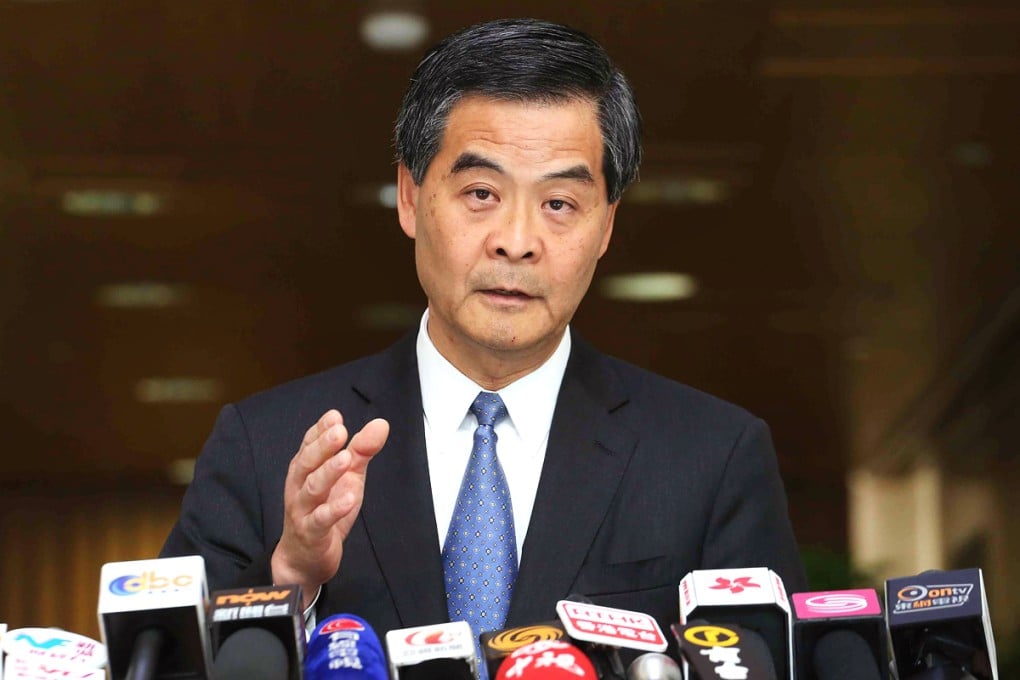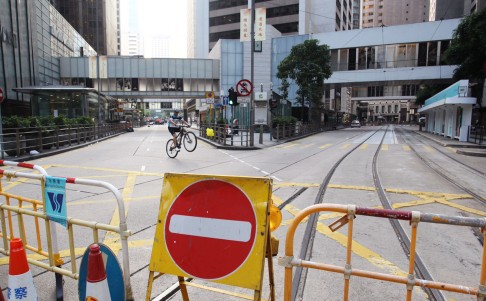Update | CY Leung digs in as he admits Occupy Central protests could last 'a long time'
Chief executive gives strong hint he won't give in to demands for him to resign

Chief Executive Leung Chun-ying this morning gave a strong indication he would not give in to protesters' demands that he resign as he admitted he expects the Occupy Central movement to "last for quite a long period of time".
Protesters continue to demand the resignation of Leung and for Beijing to retract its decision on the 2017 chief executive poll, which would restrict the number of candidates to two or three approved by a 1,200-strong nominating committee, to end the mass sit-ins in key business districts.
But in a 15-minute speech, Leung insisted that Beijing's decision was final and that he would stay in office.
"Any personnel change before the implementation of universal suffrage is achieved would only allow Hong Kong to continue to pick its leader under the Election Committee model," Leung said, before chairing the Executive Council’s weekly meeting.
Leung failed to offer any insight as to how the administration would deal with the protests triggered by Occupy Central and student leaders, such as whether officials could talk to activists and protesters directly, or whether it is possible to relaunch the political reform consultation process.

Leung said he expected the protests to "last for quite a long period of time".
